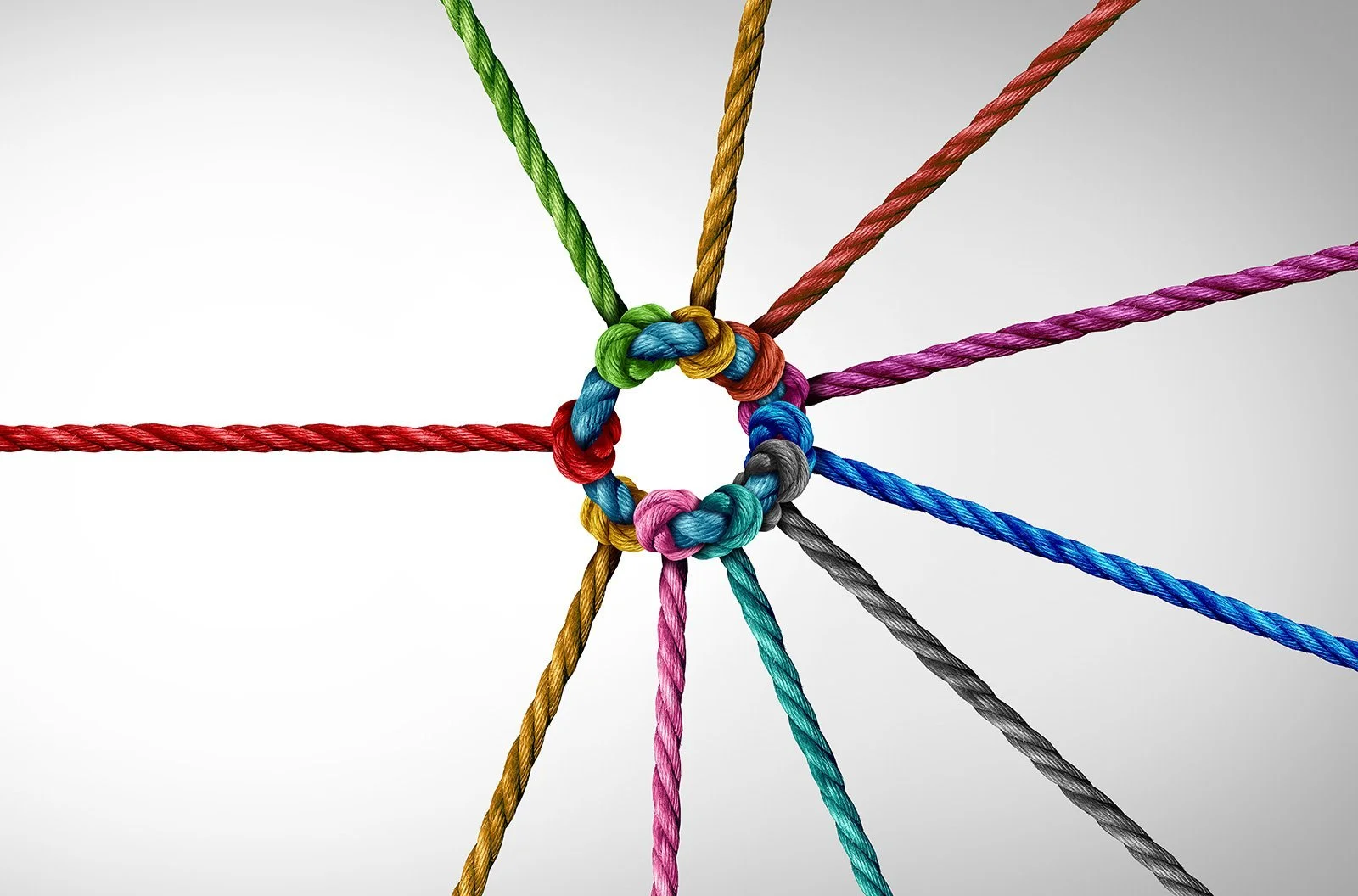READ STORIES THAT MATTER
Ibbaka Skill & Talent Blog
Critical Skills for 2022 - First Impressions of Survey Results
Ibbaka periodically conducts surveys on critical skills. Our most recent survey was in January 2022. In this post we share some preliminary results and note what others are finding in related work. The full report will come in mid February.
Mapping roles to goals is critical to performance
How can we achieve our 2022 goals? A focus on process and metrics will not be enough. We also need to make sure that our people have the skills needed to perform in their roles and that we have built the connections between people, roles, skills and the goals we want to achieve.
Why Teams Need Better Visibility Into Their Skills
Find the common thread connecting three key use cases for understanding team skills: Identifying the right team members based on skill profiles; Uncovering hidden opportunities and gaps for the team to learn, using skill; Facilitating learning communities and communities of practice using a team. What value drivers are in play for all three of these use cases?
Key questions for skill management in 2022
What are the critical questions we should be asking about skills as we enter 2022? How can we develop answers to these questions? In 2022, the ability to connect goals to skills and people (perhaps mediated by roles) will be critical to strategy execution.
White Christmas
Happy New Year! Let 2022 be the best year for us all, unforgettable and full of unpredicted opportunities. Let past skills be used creatively, only limited by our imagination, so that the future is not based on the known past but on our new potential.
The learning journey map
Learning is a critical skill and reflecting on how we learn and how we can help others learn is an important part of work. In this post we introduce the Ibbaka Learning Journey Map. We this map when designing learning and for the activation and embedding of new capabilities. It is a concept blend of journey maps and learning theory.
Improving the analysis of skill coverage for roles
Improving how we match people to roles is central to how the Ibbaka Talent platform is used. David Botta describes some of our recent experiments and suggests some directions for research in 2022.
Key decisions for implementing skill management
Many organizations are moving to implement skill management as a core capability for 2022. Here is some guidance on the decisions you will need to make as you prepare for skill management at your company. To succeed with skill management requires an openness to bottom up emergence of skills and roles and the guidance of a skill and competency model.
Critical Skills for 2022 - Survey
What critical skills will matter most in 2022? What skills do you want to develop? What skills does your organization need? This survey asks about critical skills and puts them in the context of the business and thinking frameworks we will be using and major technology trends. The results will be published in late January.
Focus on the skills used to solve problems
Most organizations will have thousands of different skills. How do we focus on the ones that really matter? We often have to answer this question at Ibbaka. Here are some initial thoughts on our approach. The skills that matter most are the skills used to solve problems.
Try connecting your own skills
The skill graph is sometimes seen as a normative representation of skills, a quasi official thing that is common across an organization or discipline. I am interested in a different approach, where each person's individual skill graph is as unique as their DNA and offers insight into their creativity.
Teams as a place to learn
Sometimes learning is seen as a solitary thing. People go into themselves, study and are tested. This is true of some people some of the time. But there are many people who are social learners and skills are most often applied in teams. Team learning is a critical part of capability development. Learn more about the Ibbaka approach to team learning.
What is skill coverage for teams?
Teams are central to how we work today and building teams is critical to performance. See how Ibbaka support building skill-based teams and why understanding team skill coverage is so important.
Critical Skills - Concept Blending
Deep knowledge and specialization are an important part of expertise. But sometimes the expert knowledge acts like blinders. One of the best ways to overcome this is by combining ideas from different disciplines to come up with a new solution. This is the critical skill of ‘concept blending.’
How to connect your skills
Skills get connected to many different things. Part of the power of skill management comes from making and managing these connections. Skills connect to other skills, to people, to roles and to goals. Spend 15 minutes thinking about new ways you can connect your skills.
What is the skill management lifecycle?
Skill management is transforming how businesses develop people and align them to work. It is a powerful way to discover new potential and put it to work. At Ibbaka, we roll out skill management across a for phase cycle. It is a cycle as each phase builds on the one before and feeds back into it, creating new value for individuals, teams and the organization.
How to align competencies with goals
Competencies are often aligned to jobs and roles, or sometimes to tasks and activities. There is another way to align competencies with the organization and even with individual aspirations. That is to align skills and competencies with goals. Ask, what skills and competencies are needed to achieve goals.
How to manage your own skills
Skills are becoming the new currency of talent management. The skills you have, how you are putting them to use, your potential are as important as relationships to shaping your career. Here are some simple things you can do to improve your personal skill management.
Test design thinking as a way to generate more creative solutions to key business problems
Design thinking is a compelling way to bring more creativity to business problem solving. Ibbaka is offering a pilot program that will support you with testing design thinking in your own culture and environment. Get access to the Ibbaka Talent platform, shape a design thinking competency model to your business, get coaching on a project team.
What is skill differentiation?
Skill differentiation highlights the differences between individuals, teams, companies and even geographies or industries. Industries in which innovation is common will show more skill differentiation. Industries going through commodification will see skill differentiation decrease. One of the risks of over reliance on competency models is that it can damp down skill differentiation. An open approach is needed to capture skill differentiation.



























